The
winter breeze has mellowed. Still cold
but the numbness is manageable as compared to Beijing. I keep holding on to my knitted gloves as I
feel the winds’ coldness penetrate my tropical-country
delicate skin.
After
five hours of being seated and melodramatically viewing the landscape from the
outside, changing scenery in every split of a second, we were the last ones to
move out of the exit doors. We were
finally at Shanghai Hongqiao Railway Station.
 |
| LOST IN TRANSLATION AT THE TRAIN STATION |
There
is no defined plan for the day since it should have been allotted to viewing
the snow-capped mountains of Tunxi. But
all flights were cancelled for zero visibility.
Travelling by plane within mainland China is indeed unreliable. But with the assistance of the ground crew
from China Southern Airlines, booked accommodations at Tunxi was likewise
cancelled and refund of airline tickets were done swiftly.
 |
| BEIJING SOUTH RAILWAY STATION |
 |
| THE ARRIVAL AT SHANGHAI |
And
the exploration shall continue.
Unplanned and surprisingly awesome.
The Bund
The
Bund is the go-to-place when in Shanghai.
In whatever time of the day, the highly modern skyscrapers of Pudong
along the Huangpu River is a picturesque backdrop of selfies and meditation (if there is one such purpose).
The
Bund is the waterfront area in central Shanghai and accessible through the
Shanghai Metro Line 2 at East Nanjing Road station. The Bund actually refers to the buildings and
wharves on this section of the road as well as some adjacent areas.
As
we walked through the Bund, prominent are the wedding photoshoots on each
corner and even on the road leading to the century-old Waibadu Bridge.
The
Waibadu Bridge, translated as the Garden Bridge, is the first all-steel bridge
and the only surviving example of camelback truss bridge in China. It is a good vantage for photography as well
making the iconic Oriental Pearl Tower as backdrop.
It
is the Oriental Pearl Tower actually that makes the skyscraper of Shanghai
unique and remarkable as compared to other skyscrapers around the world. At night, the tower is brightly lit in
different LED sequences.
The
Bund is likewise surrounded by restaurants, hotel chains and even hawker stalls
that if one runs out of order for business while in Shanghai, loitering within
the premises is the best option.
Authentic Shanghai-styled
Dining
It
was indeed a long day for the first night in Shanghai. For comfort food, I could have suggested
dining at familiar fast food chains and restaurants in the likes of Subway and
McDonalds but really, with the short stint in Shanghai it is unbecoming of my
self-imposed explorer self.
We
all are familiar with lumpiang
shanghai. What can be more authentic
than placing the same as an order for our dinner at a nearby local restaurant
near the Waibadu Bridge. With some type
of noodles, braised beef, spring rolls (lumpiang
shanghai) and more rice, our dinner became an instant feast.
The
following day, our Singapore-based friend, Rodel treated us to a famous
restaurant serving xiaolongbao. It is
said that xiaolongbao originated in
Nanxiang, a suburb of Shanghai in the Jiading District and from there it
expanded into downtown Shanghai and outward. I honestly haven’t tasted the same though
I’m a mainstay of Binondo (Chinatown) Manila.
We
were fortunate to be relatively early as the queue of diners went long
approaching midday. Xiaolongbao was served in a traditional steaming basket. I actually love the soup sipped in the
steamed bun. For whatever the name of
the restaurant is, I do recommend the same for a dining experience while in
Shanghai though the waiting time is actually longer than the dining
itself. Worth the wait nevertheless.
In a food tripping expedition for the morning, right across is another restaurant serving fried dumplings. And so we heeded the call and dined. I love the crispiness of the fried dumplings that goes well with soda.
In a food tripping expedition for the morning, right across is another restaurant serving fried dumplings. And so we heeded the call and dined. I love the crispiness of the fried dumplings that goes well with soda.
The Old City of Shanghai
Visit
The street
is full of scammers. But of course I
learned it the hard way on my last visit to Shanghai and the gullible self that
I have was guarded by my travel buddies this time. I entertain but never succumbed. When a couple or a group of Chinese students
request for their picture to be taken I sometimes could’nt resist the request
because I do the same favor as well but when invitations for a tea session
comes in, I must dismiss further discussion.
Old
City of Shanghai is the traditional urban core of Shanghai, China. More than the varied stalls, shops and
restaurants, there is the City God Temple connected to the famed Yuyuan Garden.
The
vast compound is quite interesting that apart from being a complex of souvenir shops,
traditional architectural design of aligned commercial establishments is
apparent.
Stroll at the People’s Park
The
People’s Park is our neighborhood - a walking distance from where we are
staying and where stall of street foods are offered to every passer-by.
But
one weekend caught us by surprise. It
was an interesting rendezvous at the People’s Park. That weekend will be subject to a separate
blog story.
x--------------x
For
most travelers, Shanghai City is the gateway to several interesting municipalities
of mainland China. It is a stopover that
itinerary within the city will be shortened to make adjustments. For a 24-hour trip for instance or even less,
it is important that we know where we are going to and how to spend quality
time in the vibrant city of Shanghai.




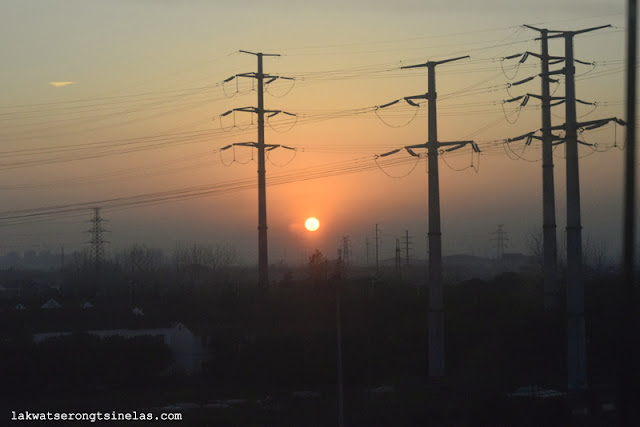






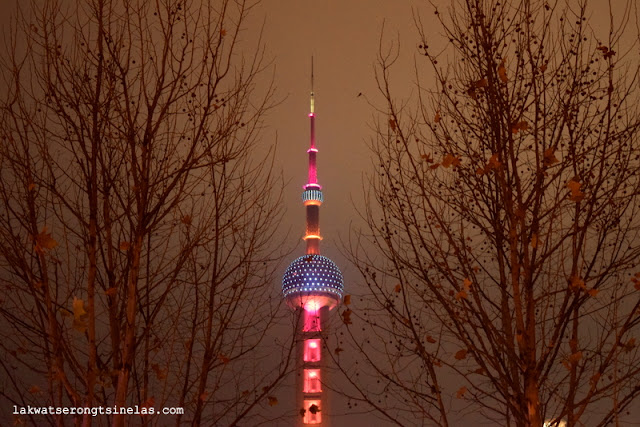

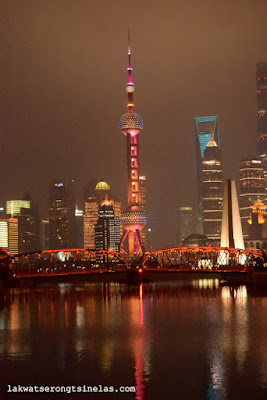



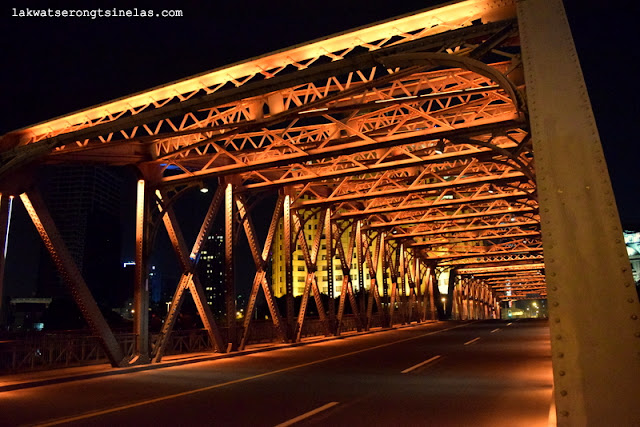




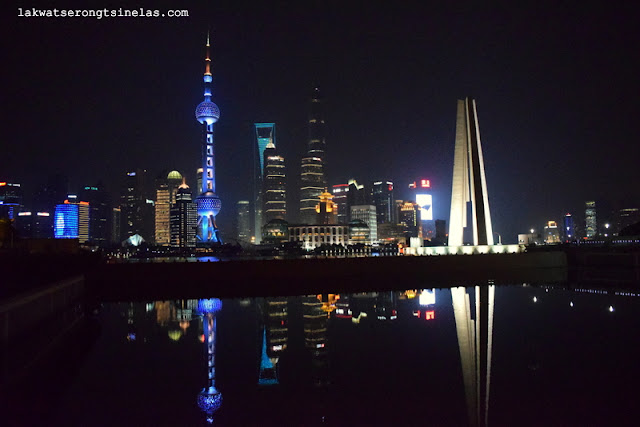



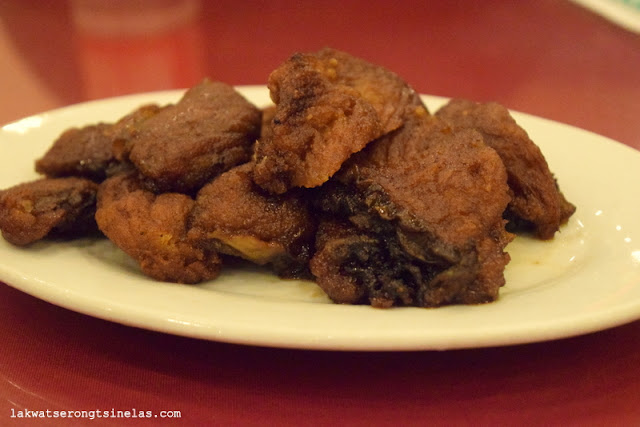







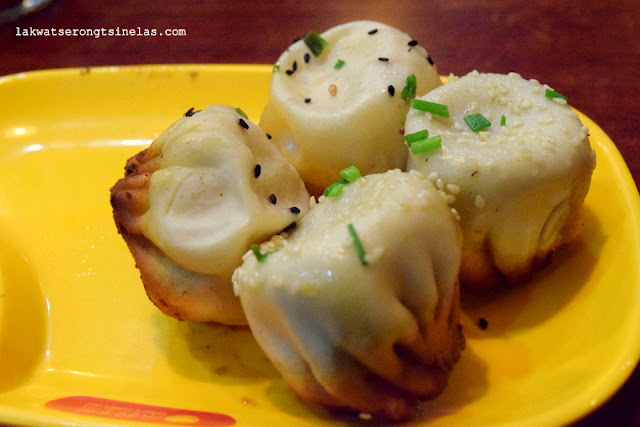




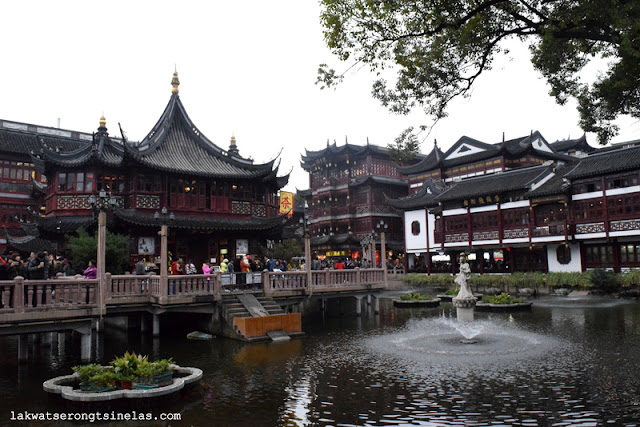



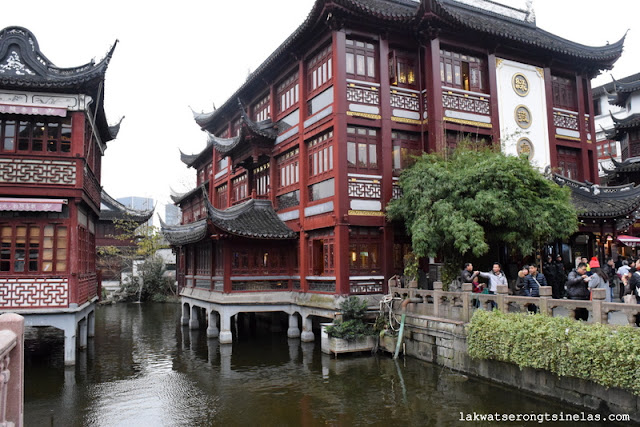

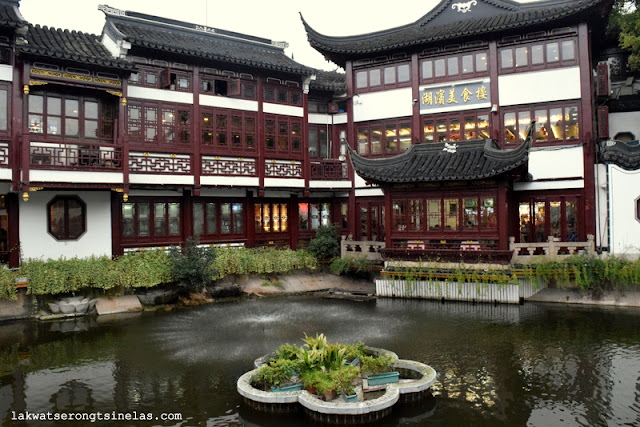
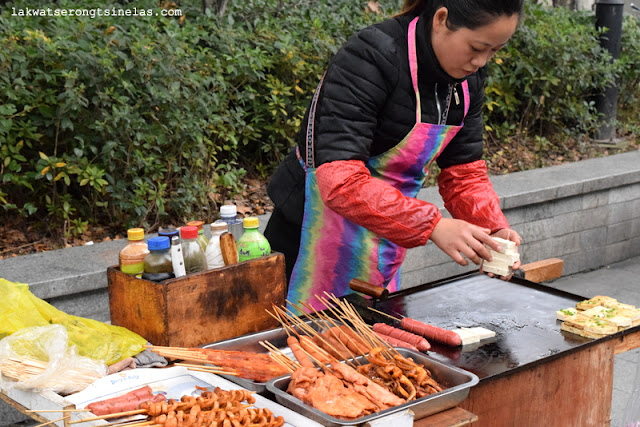
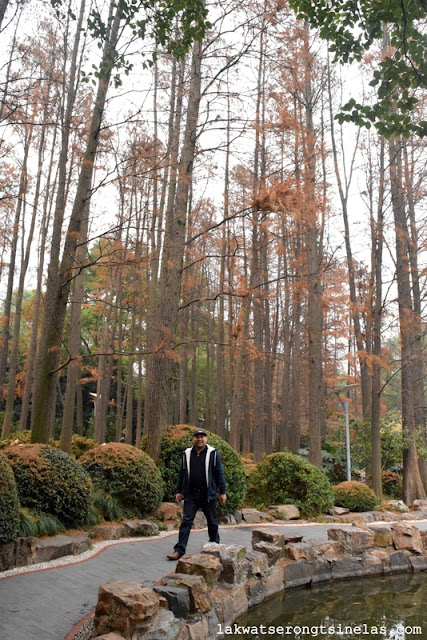
































0 comments